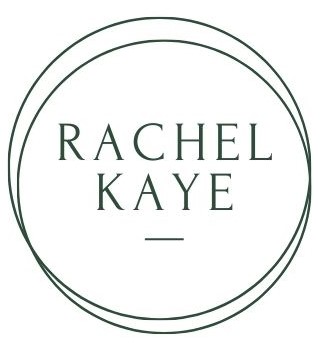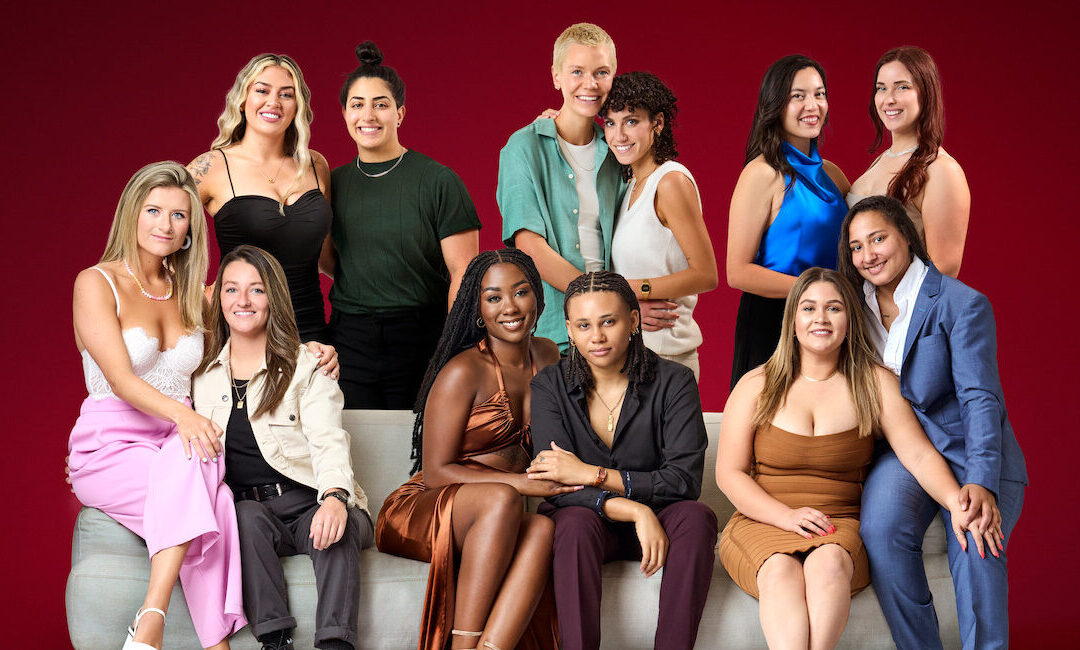Image credit: Melody Timothee/Netflix
Important note: This post contains spoilers for season one and season two of The Ultimatum – Queer Love
The return of The Ultimatum – Queer Love was eagerly awaited in our house and now it’s done I thought I’d put my therapist hat on and pull together some thoughts on what went down, what I think the good bits of the show are, and what I found more problematic about the dynamics of the concept. I know no one likes a therapist killjoy, but I’ve years of transferable experience from the role of feminist killjoy and I’m not afraid to be real with you.
Is The Ultimatum – Queer Love ethical non-monogamy or…?
The show’s concept is one I return to again and again as frankly baffling. ‘There’s an issue in our relationship and so the only logical thing to do is to live with someone else as a trial wife for three weeks and afterwards see if we still want to get married. Oh and I think it’d be best if we did all that on tv’. Although technically, participation in The Ultimatum is a kind of ethical non-monogamy, in that everyone involved consents to the scenario, the presumption is that this is temporary and ultimately in service of re-instating monogamy asap. I think because of this context the care and painstaking communication which couples opening their relationship often take wasn’t there. Towards the top of my list of ‘things that had me throwing popcorn at the tv in frustration’ was when couples ran into difficulties because they don’t seem to have communicated or established even basic ground rules with their current partner before entering the experiment. Is kissing off limits? What would be a deal breaker for you if you wanted to return to your current relationship?
Attachment and abandonment trauma
Watching The Ultimatum has previously made me feel squeamish, because the scenario clearly triggers attachment and abandonment trauma for some people participating. I’ve seen Instagram stories from past participants saying they are offered psychological support and I hope that whatever’s offered is significant and longstanding. If the show is to work as entertainment, it feels vital that the producers are looking after people’s mental health, particularly those who have significant experiences of loss and rejection. What I will say is that season two felt better for me in this regard, the contestants generally seemed to be more psychologically robust and my hunch is that they’d been selected with more care. I was really concerned about Aussie in season one. Another thorn in the side of my enjoyment of this show is the question of what happens to people who don’t exactly show themselves in the best light on it (so perhaps Mel in this season, vis a vis lying to their partner and more strongly Vanessa in season one RE pretty much everything to be honest). What happens to these people after the cameras are gone and they’re set on fire on social media? Given that often these bad behaviours come from insecurity, will their experience (and how it’s received on social media) help them learn and grow, or just mean that they’re branded a villain and remembered forever in this stage of being? How is this going to affect them in future relationships and the workplace? Is the ultimate premise of the show where one partner tries to convince another of something they don’t want (whilst being filmed all the while) suspect? Or is it about bringing compatibility issues to the surface so both people get what they want?
Redeeming features of The Ultimatum – Queer Love
Ultimately, I do keep watching The Ultimatum – Queer Love. Mainly because it’s really entertaining but also because it engages with issues affecting queer relationships in a way that’s still rare on mainstream TV. Season two opened up questions of navigating marriage when one partner’s family/culture isn’t accepting of lgbtq+ people (although, again, I’m still not convinced the best way to deal with concerns in this regard is going on tv and threatening to leave the person unless they ditch their family and marry you). Questions of how lesbian/queer/bi women define sex took centre stage in quite an explosive way in season two and there were also discussions about issues such as gender identity and presentations, the effect of trauma and how you navigate different expectations around ‘romance’. I’ve not watched the straight version of the show to compare, but the speed at which women form intense relationships with other women was striking and felt integral to the drama in the show (and hey, maybe some cliches are cliches for a reason). The fact that the participants are offered psychological support for issues that are triggered makes me feel less uncomfortable watching it, as it makes it more likely that what is brought to the surface can be usefully processed, healed from and worked through.
If you’re looking to work through relationship and attachment issues in a less explosive setting than the Ultimatum Queer Love, I offer individual therapy to help you unpick what’s going on for you and what you really want from your relationships. Click here to get in touch and book a free initial consultation.






Recent Comments